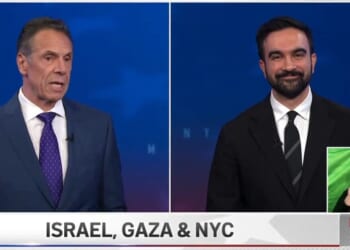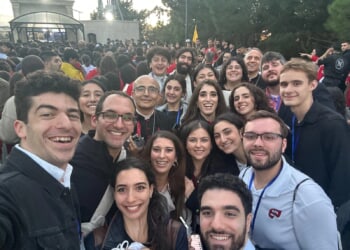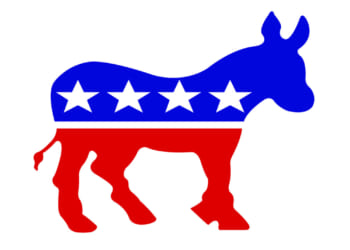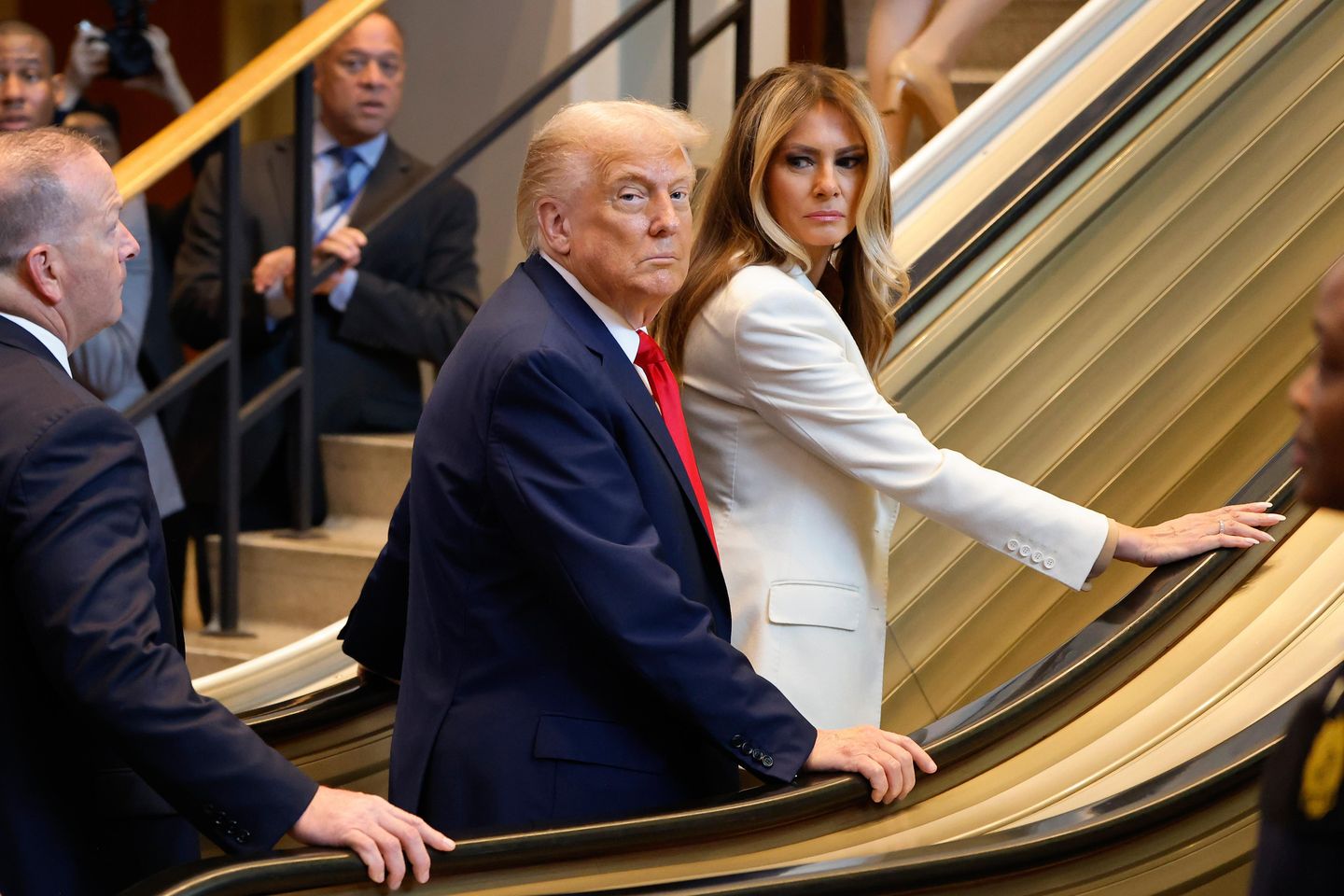
President Trump’s no-holds-barred takedown of the United Nations this week drew pushback from the international community, but many analysts and other world leaders share his criticisms.
With the U.N. Security Council seemingly paralyzed by gridlock, and with U.N. agencies weighed down by bureaucracy and increasingly dogged by corruption allegations, Mr. Trump’s core question is as pertinent as ever: Has the United Nations become irrelevant?
During his speech Tuesday at the General Assembly in New York, Mr. Trump said the United Nations has a broken system that is utterly impotent when confronting the world’s most pressing issues, including the Russia-Ukraine war and other conflicts raging around the world.
“For the most part, at least for now, all they seem to do is write a really strongly worded letter and then never follow that letter up. It’s empty words, and empty words don’t solve war,” said Mr. Trump, who has made ending conflicts a central piece of his broader foreign policy approach.
Indeed, Mr. Trump argued that he personally had done more than the United Nations to create a peaceful world. He pointed to seven White House-brokered peace deals.
Some analysts say the veto powers afforded to all five permanent members of the Security Council — the U.S., Britain, France, Russia and China — are at the center of U.N. ineffectiveness. They argue that some countries inevitably conclude that high-level U.N. diplomacy has become largely useless as a 21st-century problem-solving mechanism.
That has led those nations to look inward, some scholars say.
“Some of the richest countries are scaling back their development funding, increasing their defense spending and preparing for an era of intensifying competition. [The U.N. General Assembly] will reflect those trends; it cannot reverse them,” Samir Puri, director of the Center for Global Governance and Security at Chatham House, wrote in a brief this month.
Broad criticism
Ukrainian President Volodymyr Zelenskyy has repeatedly criticized the United Nations for allowing Russia to use its veto power to block efforts to stop its war on Ukraine and punish Moscow for starting it.
During his Wednesday speech before the assembly, the Ukrainian leader cast the United Nations as a purveyor of empty statements.
“Nations can speak about their pain from stages like this, but even during bloodshed, there isn’t a single international institution that can truly stop it. That’s how weak these institutions have become,” Mr. Zelenskyy said. “For decades, just statements and statements.”
Russia, one of the five permanent Security Council members since the U.N. founding in 1945, has repeatedly used its veto power to halt efforts by other member states to stop the war in Ukraine. Among the examples, Russia vetoed a U.N. resolution after it invaded Ukraine in early 2022 that called for Moscow to withdraw its troops.
The United Nations also has been wholly unable to stop the Israel-Hamas war in the Gaza Strip or even to forge a broadly supported plan to deal with the humanitarian crisis there and in other corners of the world.
The United Nations would seemingly have little ability to stop a potential Chinese invasion of Taiwan, given that it does not formally recognize the island democracy. China’s status as a permanent Security Council member would allow it to block action in much the same way Russia has.
The United Nations is largely unable to form a consensus on major pressing military and technological issues of the day, such as the use of artificial intelligence, potential warfare in space, and the governance of dangerous new weapons such as hypersonic missiles.
That isn’t to say that the annual U.N. General Assembly is a waste of time. Diplomatic and national security insiders often point to the gathering as arguably the most important instance in which high-level officials from countries around the world are in one city simultaneously.
Although earth-shattering new agreements are rare, the General Assembly provides an irreplaceable opportunity for the kinds of behind-the-scenes meetings and cocktail hour receptions that facilitate friendships and pave the way for diplomatic relationships and potential breakthroughs.
What could reform look like?
Virtually everyone agrees that reform is needed, but major challenges stand in the way. Security Council rules changes require modifying the U.N. Charter, which all five permanent members must approve.
That means countries would have to agree to eliminate their veto power, which has virtually no chance of happening. Some say nothing will change without that step.
“War is always a failure of humanity,” Finnish President Alexander Stubb told the United Nations in a speech this week. “No single state should have a veto power. And if a member of the Security Council violates the U.N. Charter, its voting rights should be suspended.”
The U.N. Security Council has 15 members. The 10 nonpermanent members rotate through staggered two-year terms.
Conflicting interests among nonpermanent member states also raise roadblocks to change. Although the Group of Four nations of Brazil, Germany, India and Japan have demanded permanent seats on the council, the Uniting for Consensus group, which represents several nonpermanent nations, has openly rejected such proposals and has advocated for expanding only elected seats.
“Those positions reflect competing regional calculations as much as competing visions of legitimacy. Every plan crosses a permanent member’s red line. The result is paralysis, vetoes and eroding credibility,” Hector Cardenas, president of the Mexican Council on Foreign Relations, wrote this month.
Even if the five permanent Security Council members maintain their veto power, adding more members would at least broaden the perspective, some leaders say.
Kenyan President William Ruto blasted the organization for failing to include more African perspectives on the council. He noted that Africa is the only continent without a permanent member.
“You cannot claim to be the United Nations while disregarding the voice of 54 nations,” Mr. Ruto said. “Africa is no longer willing to wait on the margins of global governance while decisions about peace, security and government are made without our understanding, without our perspectives and without our voice.”
Mr. Trump is overseeing an overhaul of U.S. support for international organizations. In 2023, the United States contributed nearly a quarter of the collective U.N. budget, amounting to $13 billion, underscoring its historical position as the organization’s largest financial supporter. However, since taking office in January, Mr. Trump has ordered a reevaluation of America’s continued contributions to the United Nations.
Over the past year, the U.S. has formally withdrawn from several U.N. organizations, including the United Nations Office of the High Commissioner for Human Rights, the U.N. Relief and Works Agency for Palestinian Refugees in the Near East, and the World Health Organization.

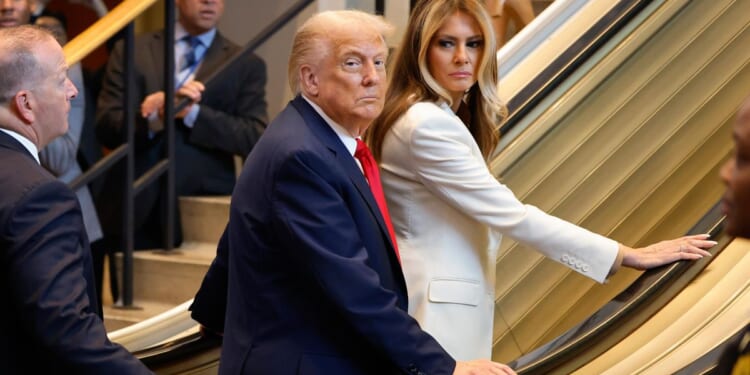
![Scott Bessent Explains The Big Picture Everyone is Missing During the Shutdown [WATCH]](https://www.right2024.com/wp-content/uploads/2025/11/Scott-Bessent-Explains-The-Big-Picture-Everyone-is-Missing-During-350x250.jpg)


![AG Bondi Says 'Everything is on the Table,' Government 'Weaponization Has Ended' [WATCH]](https://www.right2024.com/wp-content/uploads/2025/09/AG-Bondi-Says-Everything-is-on-the-Table-Government-Weaponization-350x250.jpg)
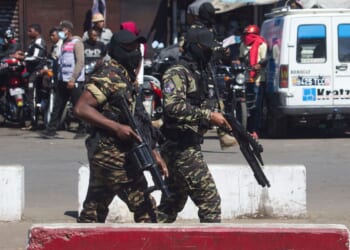
!['This is Just the Beginning... if People Don't Wake Up...' [WATCH]](https://www.right2024.com/wp-content/uploads/2025/09/This-is-Just-the-Beginning-if-People-Dont-Wake-Up-350x250.jpg)
